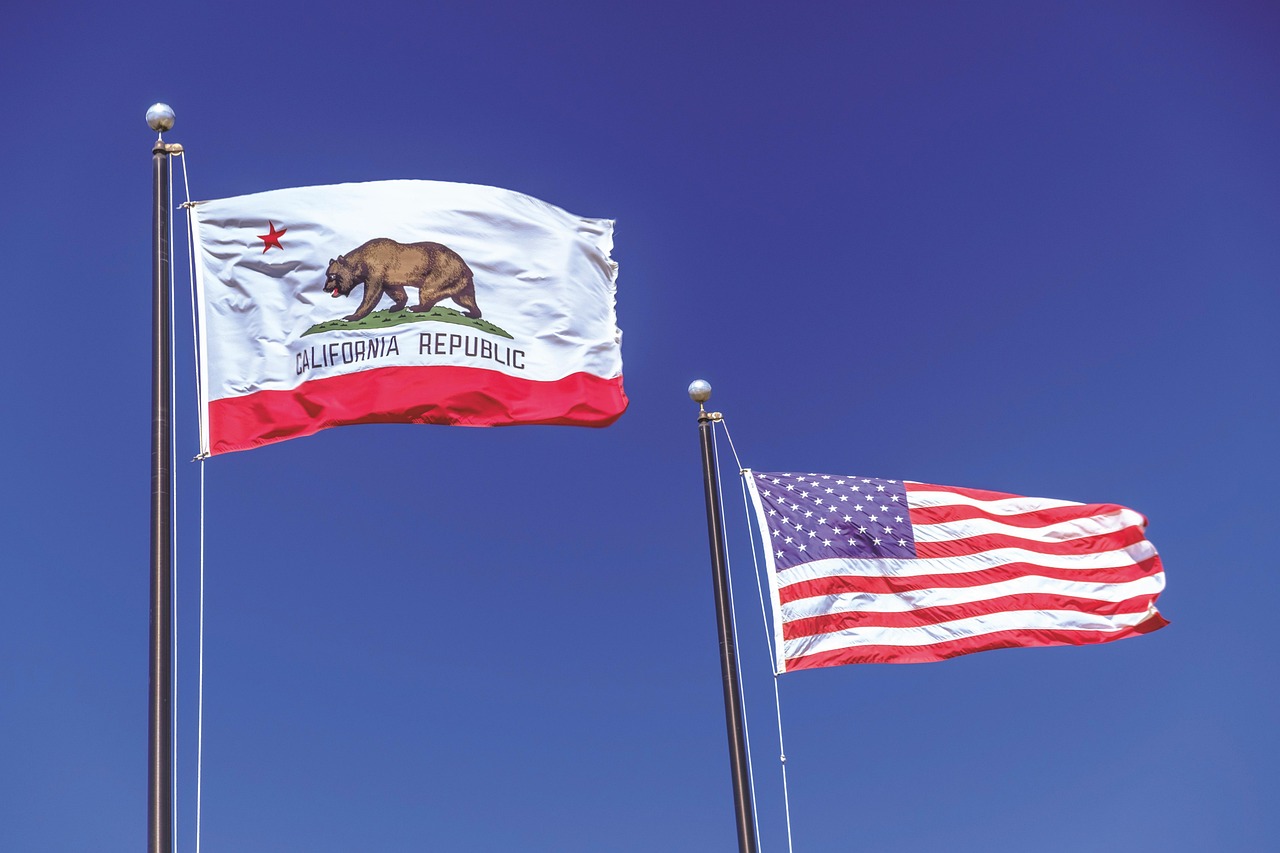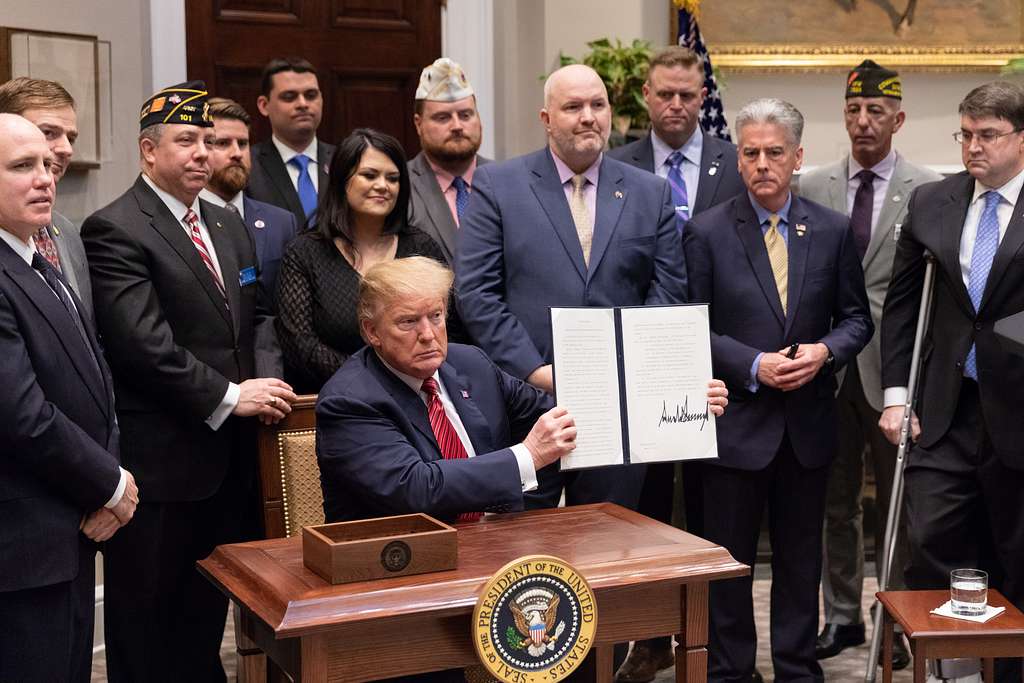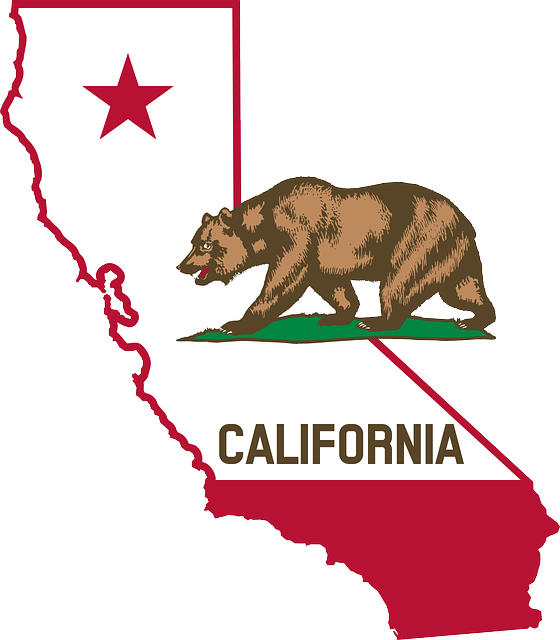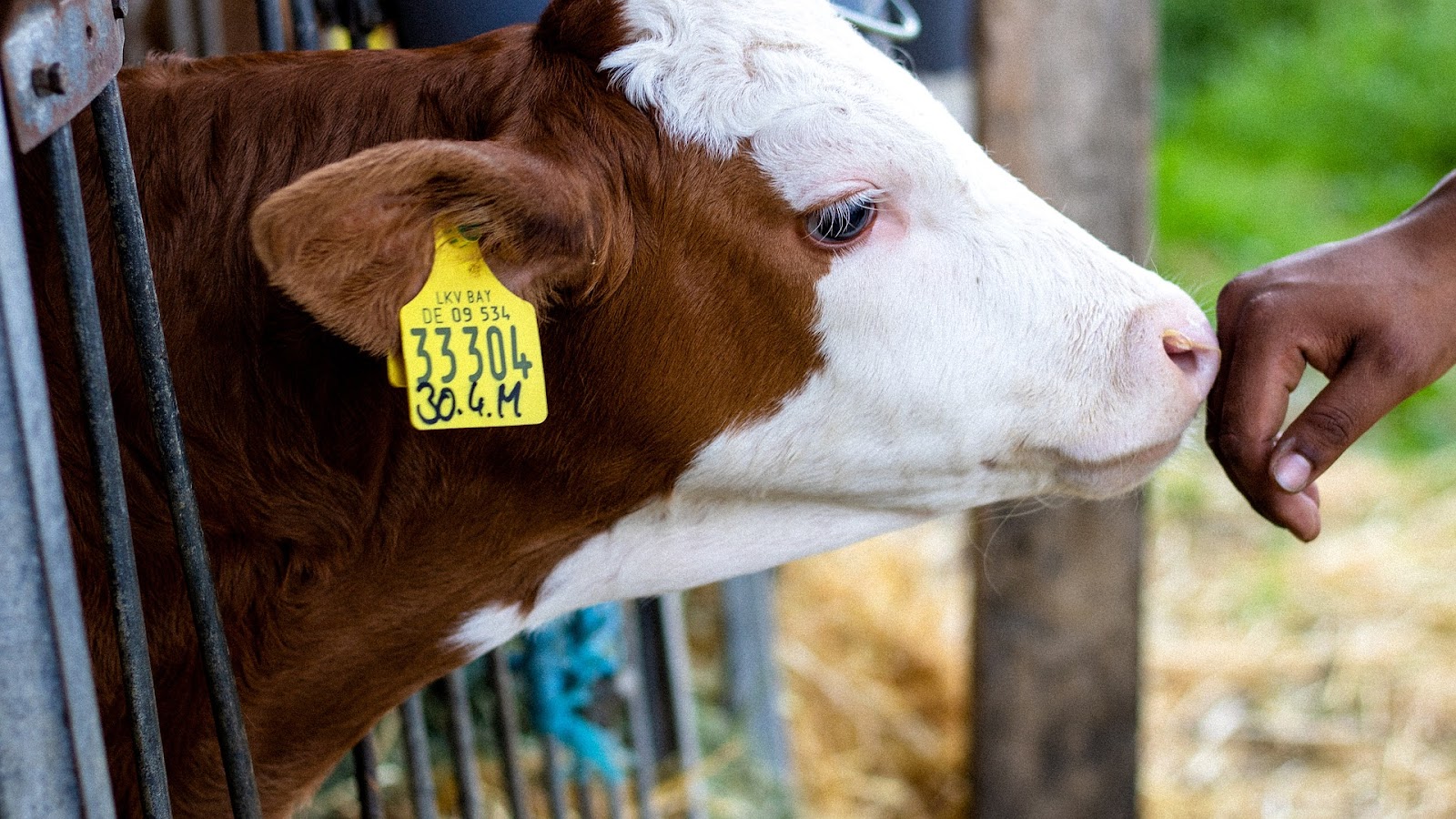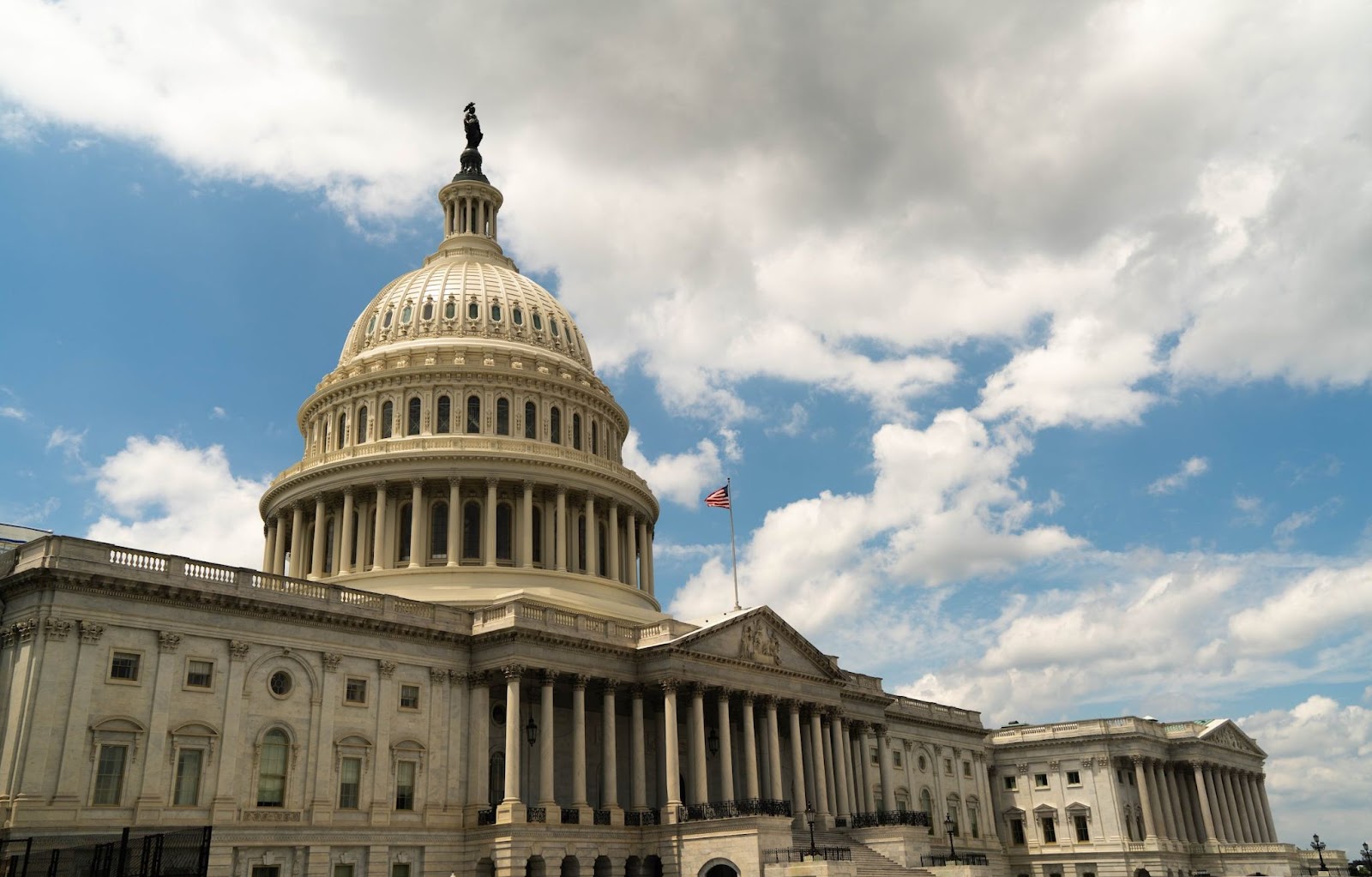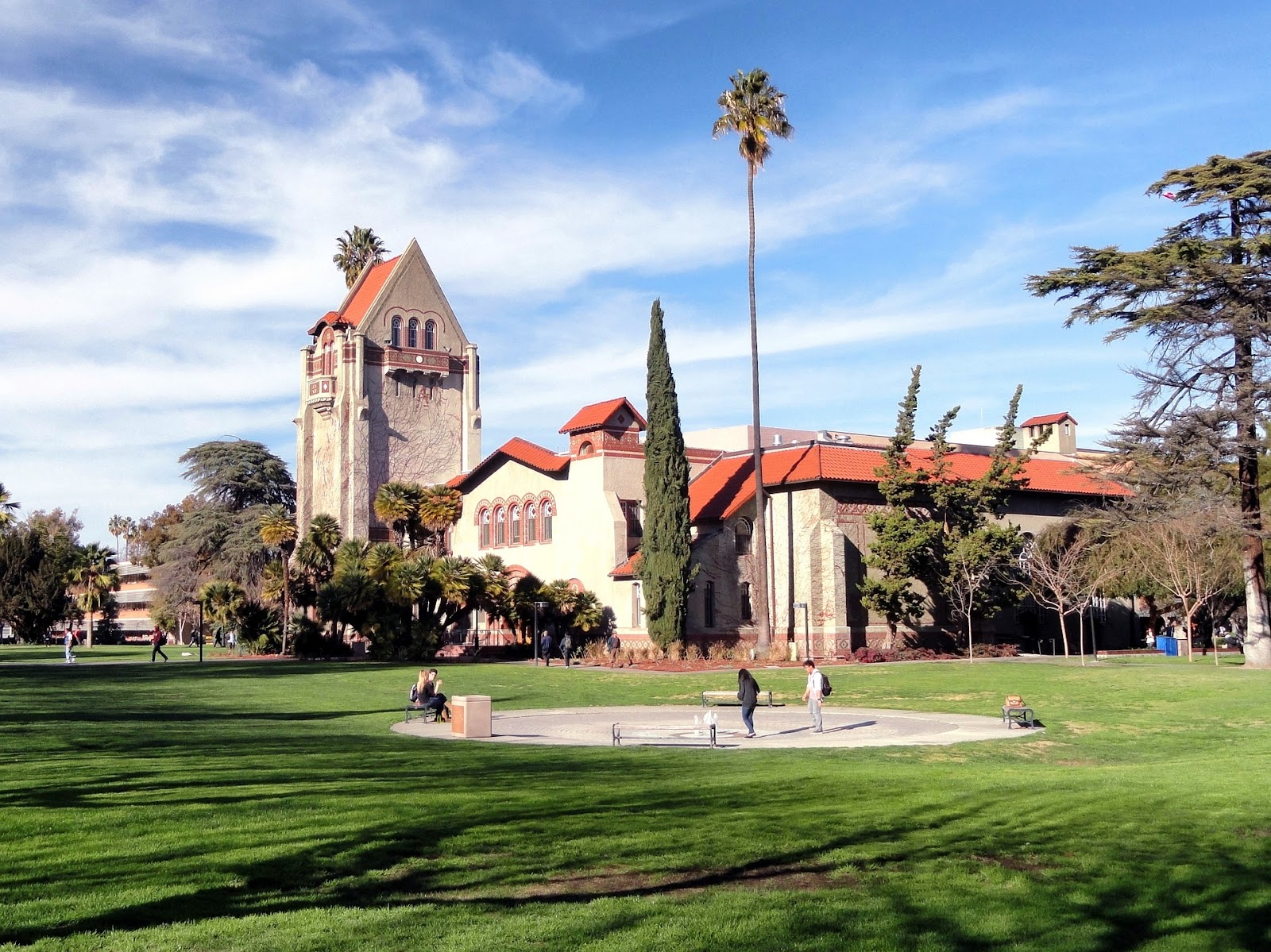Nikki Haley Halts 2024 Campaign: Trump Now Unchallenged
Nikki Haley has officially halted her 2024 presidential campaign, a decision that follows a notable setback on Super Tuesday. Individuals privy to internal discussions confirmed this development, leaving Donald Trump as the singular prominent candidate in contention for the 2024 Republican nomination. Despite her exit from the race, Haley has chosen not to extend her endorsement to Trump, opting instead to urge him to secure the backing of the coalition that had supported her candidacy.
The former South Carolina governor and U.N. ambassador entered the presidential race in February 2023, positioning herself as a significant contender against Trump. In the closing phase of her campaign, Haley strongly advised the GOP against embracing Trump, asserting that his preoccupation with chaos and personal grievances would hinder his ability to defeat President Joe Biden.
Trump’s Focus Shifts to 2024 Election
With Haley stepping back, Trump is now directing his focus entirely on a potential rematch with Biden in the upcoming November election. He is poised to secure the requisite 1,215 delegates for the Republican nomination by the end of this month. Haley’s withdrawal is perceived as a foreseeable setback for those who resisted Trump and his distinct “Make America Great Again” approach. The appeal she garnered among moderates and college-educated voters raises questions about Trump’s capacity to unify a party marked by internal divisions.
In contrast to Trump’s assertion of GOP unity, Olivia Perez-Cubas, Haley’s spokesperson, highlighted that a substantial portion of Republican primary voters still harbor concerns about Trump. Effectively addressing these concerns is considered essential for the party’s success and the overall improvement of the country.
Haley’s Legacy and Future Prospects
Nikki Haley made history by becoming the first woman to win a Republican primary, securing victories in the District of Columbia and Vermont. Despite initially committing to remain in the race until Super Tuesday, she ultimately could not impede Trump’s trajectory toward a third nomination. Observers have acknowledged that Haley surpassed expectations, outlasting fellow GOP rivals such as Ron DeSantis, Tim Scott, and Mike Pence.
While Haley’s campaign initially faced challenges in attracting donors, it gained momentum, raising over $12 million in February alone. Her appeal extended beyond traditional Republican circles, reaching independent voters and even those within the “Never Trump” faction. The campaign strategically pivoted towards foreign policy, especially after the Hamas attack on Israel in October, playing to Haley’s strengths. Drawing on her experience as U.N. ambassador, she linked the conflict to her conservative domestic priorities, emphasizing the vulnerability of both Israel and the U.S. to distractions.
Throughout her campaign, Haley maintained a delicate balance between acknowledging Trump’s foreign policy achievements and gradually introducing critiques. She spotlighted Trump’s focus on trade with China, cautioning against the neglect of security threats from a major U.S. rival. In November, Haley gained support from the Koch network, further solidifying her position in the race.
Haley’s decision to suspend her campaign has sparked speculation about her political future. While she categorically ruled out serving as Trump’s vice president or running on a third-party ticket, she is exiting the race with an elevated national profile. Recent statements indicate that she will not adhere to a pledge endorsing the eventual Republican nominee, choosing to retain autonomy in her decision-making. Ultimately, the withdrawal of Nikki Haley significantly reshapes the Republican trajectory, leaving Trump as the uncontested frontrunner for the 2024 nomination.















